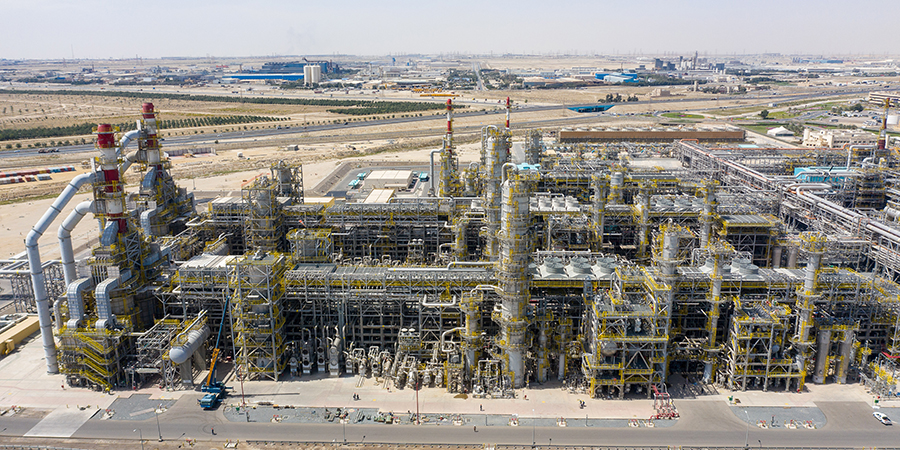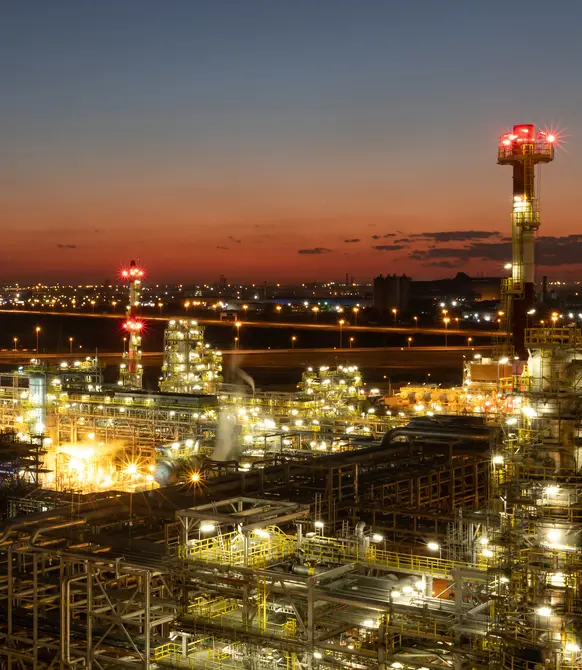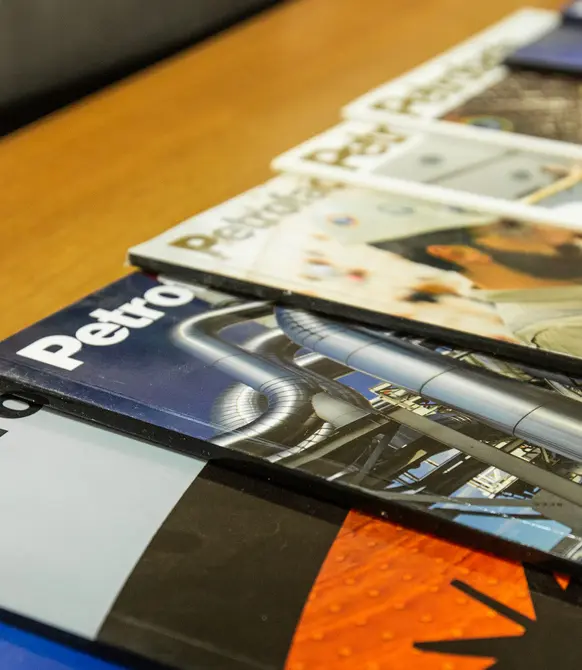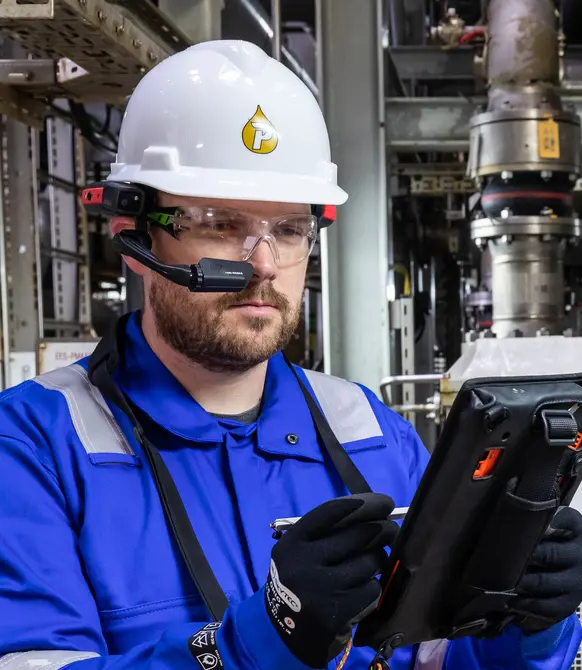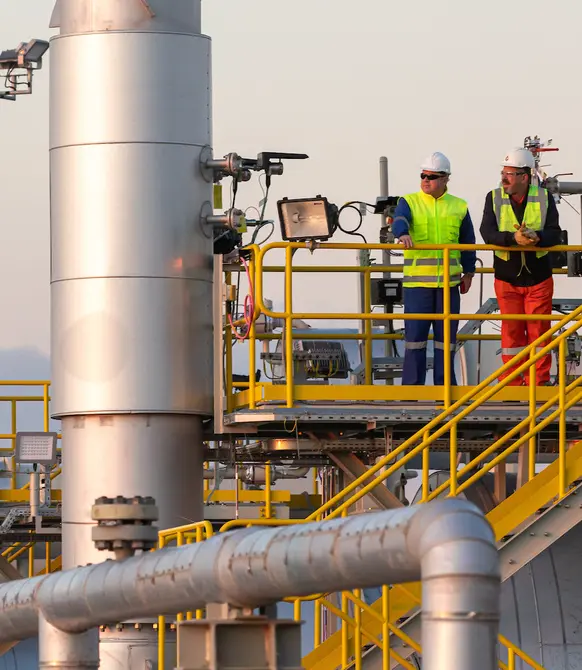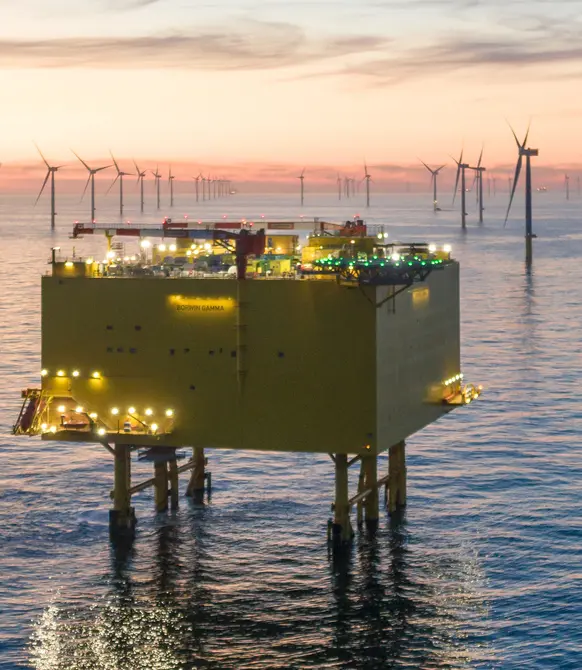26 April 2021
Kuwait Clean Fuels Project commissions key Hydrocracker Unit
Our Clean Fuels Project for Kuwait National Petroleum Company (KNPC) has achieved a further significant milestone, with the safe and successful commissioning of Hydrocracker Unit 214 at Mina Abdullah Refinery.
This is the second largest hydrocracker unit in Kuwait. It is licensed with a feed processing capacity of 50,000 barrels per stream day (BPSD) and will upgrade heavy gas oil fractions into lighter products through a hydro-cracking process using catalyst and hydrogen. This will enable the production of Kuwait’s new generation of ultra-low Sulphur fuel products, including Euro 5 Diesel, Kerosene and Jet Fuel, Naphtha and LPG.
Petrofac is leading a joint venture partnership with Samsung Engineering Co Ltd and CB&I Nederland BV (now McDermott International). As well enabling the production of these new, cleaner fuel products, the project will also increase processing capacity at this key project for Kuwait’s refining industry.
Prashant Bokil, JV Project Director, said:
We have progressively continued the commissioning and handover of each unit and the Hydrocracker is another important milestone for this mega project. Thank you to everyone involved, we are focused on safely delivering the remaining work ahead and completing the project to the full satisfaction of our client KNPC.
The Clean Fuels Project, Mina Abdullah Refinery has a total of 12 new process units from five licensors, inter-refinery transfer lines and interconnecting pipe rack. Seven of the units, along with associated flares, have now been commissioned, with the Vacuum Rerun (VRU) Unit 213 currently under commissioning and the remaining four units (HCR-114, ARDS-212 and 112 and CCR-127) in advanced stages of pre-commissioning.
This is an Engineering, Procurement and Construction (EPC) project on a massive scale. At the peak of activity, more than 15,000 people were working on the Kuwait site. An exemplary safety record has been maintained, with more than 67.2 million work hours without lost-time incident since May 2018.
